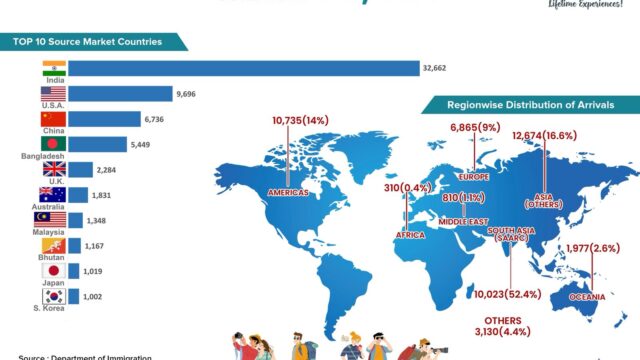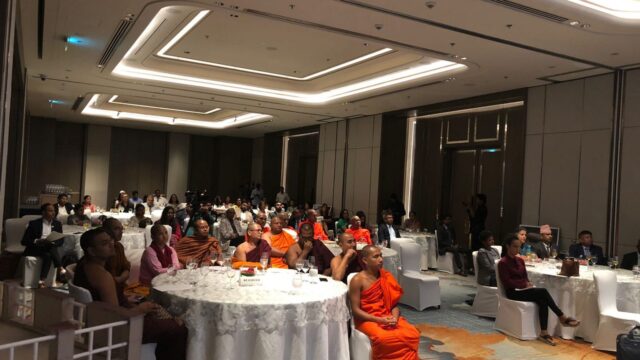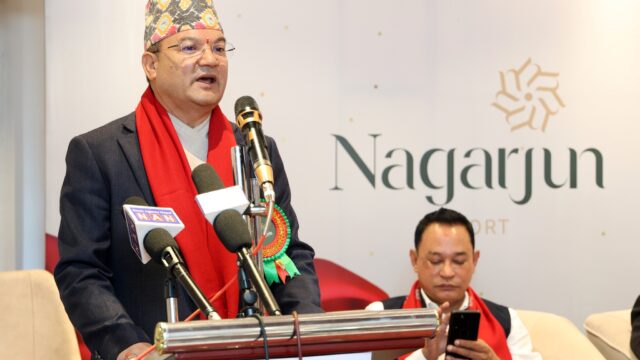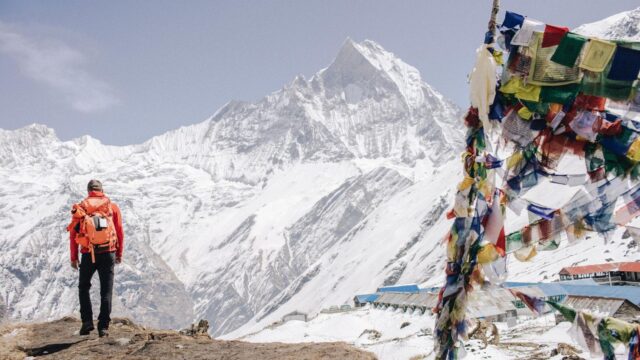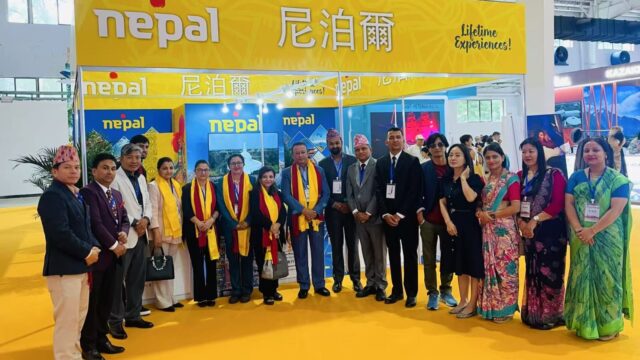Stakeholders in Nepal’s tourism sector have emphasized the urgent need to increase women’s participation in tourism-related businesses. The message was strongly echoed during a three-day capacity-building and business promotion training program jointly organized by the Nepal Tourism Board (NTB) and the Women Tourism Entrepreneurs Network (WTEN). The event brought together industry experts and aspiring women entrepreneurs to discuss opportunities, challenges, and strategies for inclusive growth in tourism.
Held under the chairpersonship of WTEN President Nirmala Dhamala, the event aimed to identify practical avenues to enhance their’s role in tourism entrepreneurship. Speaking at the inauguration session, former President of the Federation of Nepalese Chambers of Commerce and Industry (FNCCI), Bhawani Rana, underscored the transformative power of tourism in generating income, creating jobs, and ensuring sustainable economic empowerment for women.
Experts Urge Inclusive Policies for Women’s Empowerment in Tourism
Key speakers at the event highlighted that women can make significant contributions across various sub-sectors of the tourism industry, including trekking, mountaineering, hospitality, guiding services, and sustainable tourism initiatives. However, their participation remains limited due to socio-cultural barriers, lack of access to finance, and inadequate training opportunities.
Shobha Gyawali, President of the Federation of Women Entrepreneurs Association of Nepal (FWEAN), stressed the importance of tailored programs that equip women with both technical and managerial skills. “To truly empower women, we need focused training programs, inclusive policies, and financing mechanisms that address their unique challenges,” she stated.
Senior Director of the Nepal Tourism Board, Hikmat Singh Ayer, also shared similar sentiments. “If we are to make Nepal’s tourism sector resilient and inclusive, we must integrate women at all levels, from the grassroots to leadership positions,” Ayer remarked.
Supporting the call, Sagar Pandey, President of the Trekking Agencies’ Association of Nepal (TAAN), emphasized the rising demand for female trekking guides and lodge operators, especially among international tourists who prefer culturally sensitive travel experiences. Thakur Pandey, Senior Vice President of the Nepal Mountaineering Association (NMA), and Jiswan Tuladhar Shrestha, Senior Vice President of NATTA (Nepal Association of Tour and Travel Agents), echoed that sentiment, urging both government and private sectors to introduce concrete initiatives to draw more women into adventure tourism, travel services, and leadership roles.
Training Focused on Legal, Financial, and Operational Knowledge
According to WTEN Vice President Jaya Baral, the training addressed a range of topics designed to provide participants with foundational and advanced knowledge for running a tourism enterprise. “From legal procedures to company registration, understanding tax structures, and identifying tourism value chains suitable for women, the program covered key elements to start and sustain tourism businesses,” she explained.
Fifty-five women actively participated in the training, most of whom were affiliated with various tourism-related organizations and cooperatives. The event created a platform for networking, peer learning, and mentorship, helping participants build the confidence to step into the tourism industry as entrepreneurs or professionals.
Baral added that the feedback from the participants was overwhelmingly positive, and many expressed keen interest in starting homestays, guiding services, or travel companies. “We believe that empowered female can not only boost local economies but also enrich the overall tourism experience in Nepal,” she said.
Joint Effort Needed to Realize Potential
Stakeholders reiterated that achieving gender balance in tourism is not the responsibility of one institution alone. A collaborative approach involving government agencies, private enterprises, financial institutions, and civil society organizations is necessary to implement support systems like seed funding, mentorship programs, and skill development courses.
Furthermore, promotional campaigns focusing on success stories of women in tourism, coupled with policy advocacy for gender-friendly laws, were suggested as essential steps forward.
WTEN President Nirmala Dhamala concluded the program by reaffirming the organization’s commitment to uplifting women in the tourism sector. “We are not just creating businesses; we are building communities, preserving culture, and empowering the next generation of female through tourism,” she said.
As Nepal positions itself as a leading travel destination in South Asia, integrating women into every facet of its tourism ecosystem could pave the way for more sustainable, inclusive, and prosperous growth, both for individuals and the nation.

